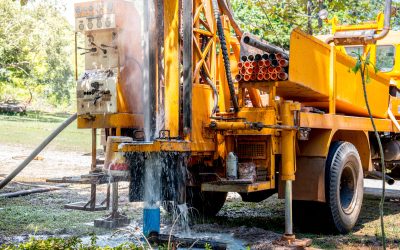When it comes to monoclonal antibody production, there are a few different processes that you can choose from. Which process you select will depend on a variety of factors, including the type of antibody you’re producing and the scale of your project. In this article, we’ll discuss the different production processes available so you can decide which is right for you.
Hybridoma Production
The hybridoma monoclonal antibody production process is the most common method of monoclonal antibody production. This process involves combining two different cell types—a myeloma cell and a B-lymphocyte—to create a hybrid cell. The hybrid cells are then injected into mice, where they produce antibodies that can be harvested for use in humans.
Bacterial Antibody Production
Bacterial antibody production is a newer method that is becoming more popular for monoclonal antibody production. This process involves using bacteria to produce antibodies. The advantage of this method is that it is faster and less expensive than the hybridoma production process.
Recombinant Monoclonal Antibody Production
The recombinant monoclonal antibody production process is a newer method that utilizes genetic engineering to produce antibodies. This process involves inserting the gene for the desired antibody into a bacterial or mammalian cell. The cells are then grown in culture and the antibodies are harvested for use.
Cell Line Expression
This is the most important parameter to focus on while selecting a monoclonal antibody production process for your project. The other parameters that come into play are titer, quality, stability, and cost. Depending on your project requirements, you can choose the right monoclonal antibody production system.



